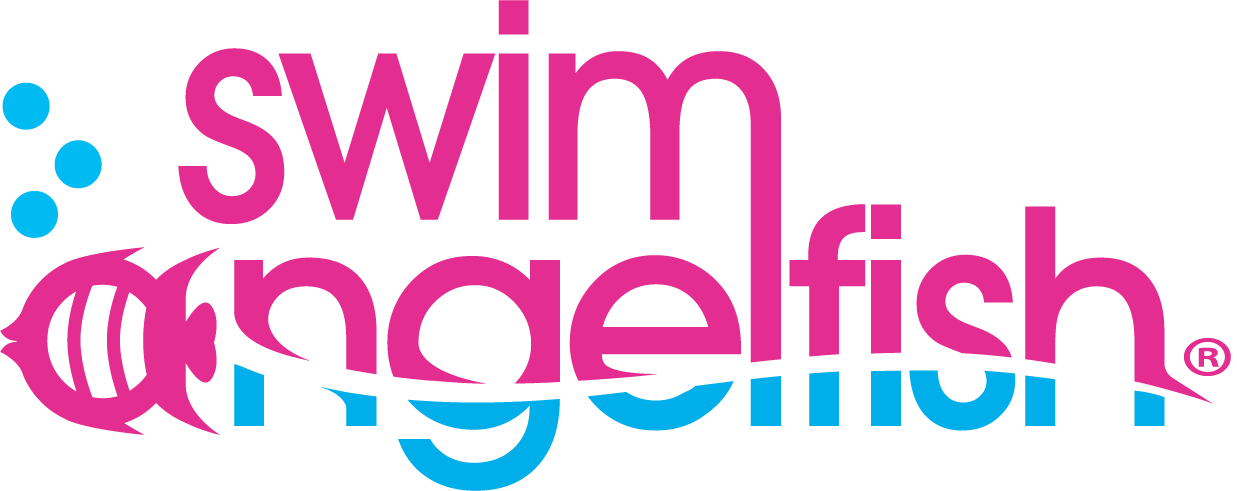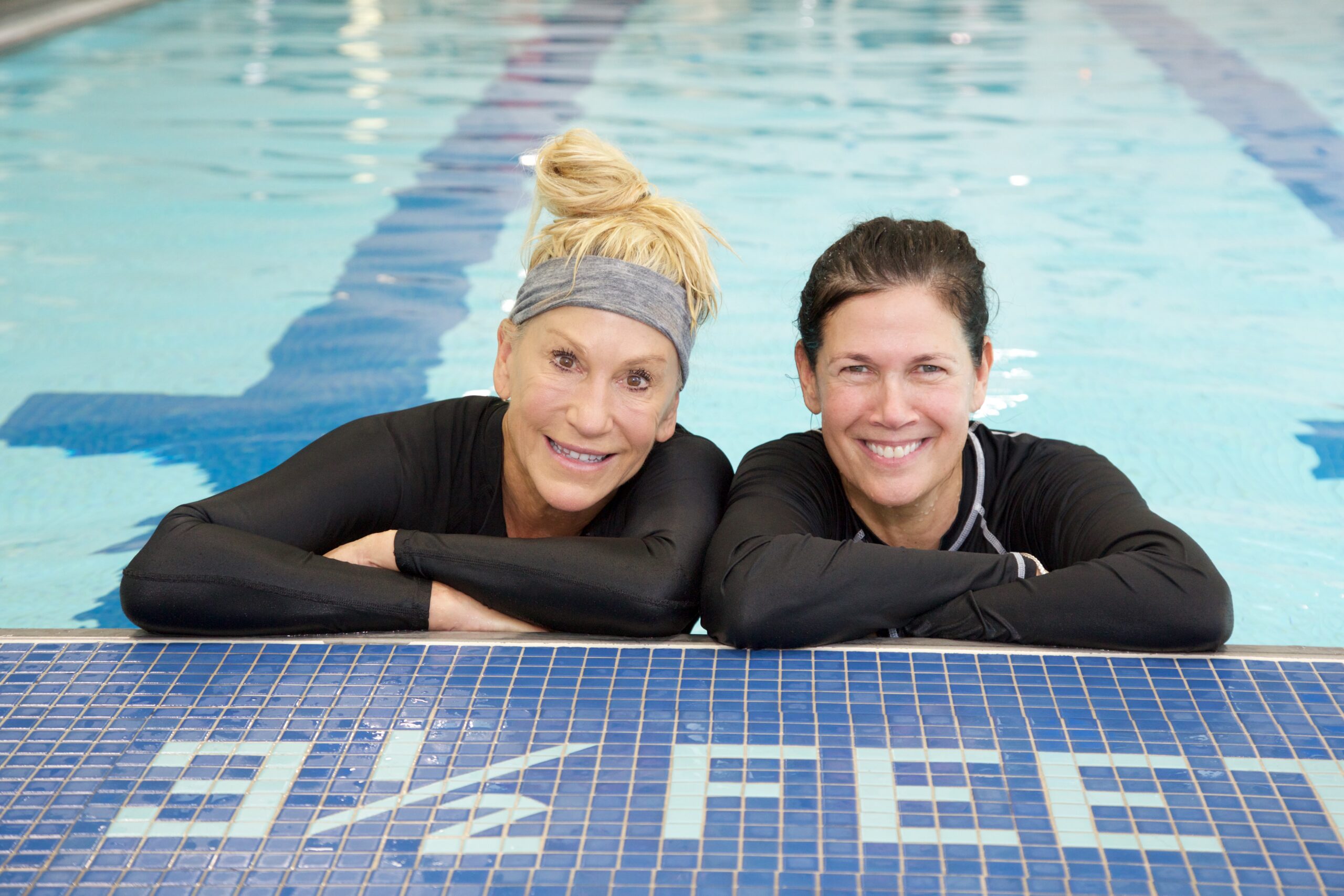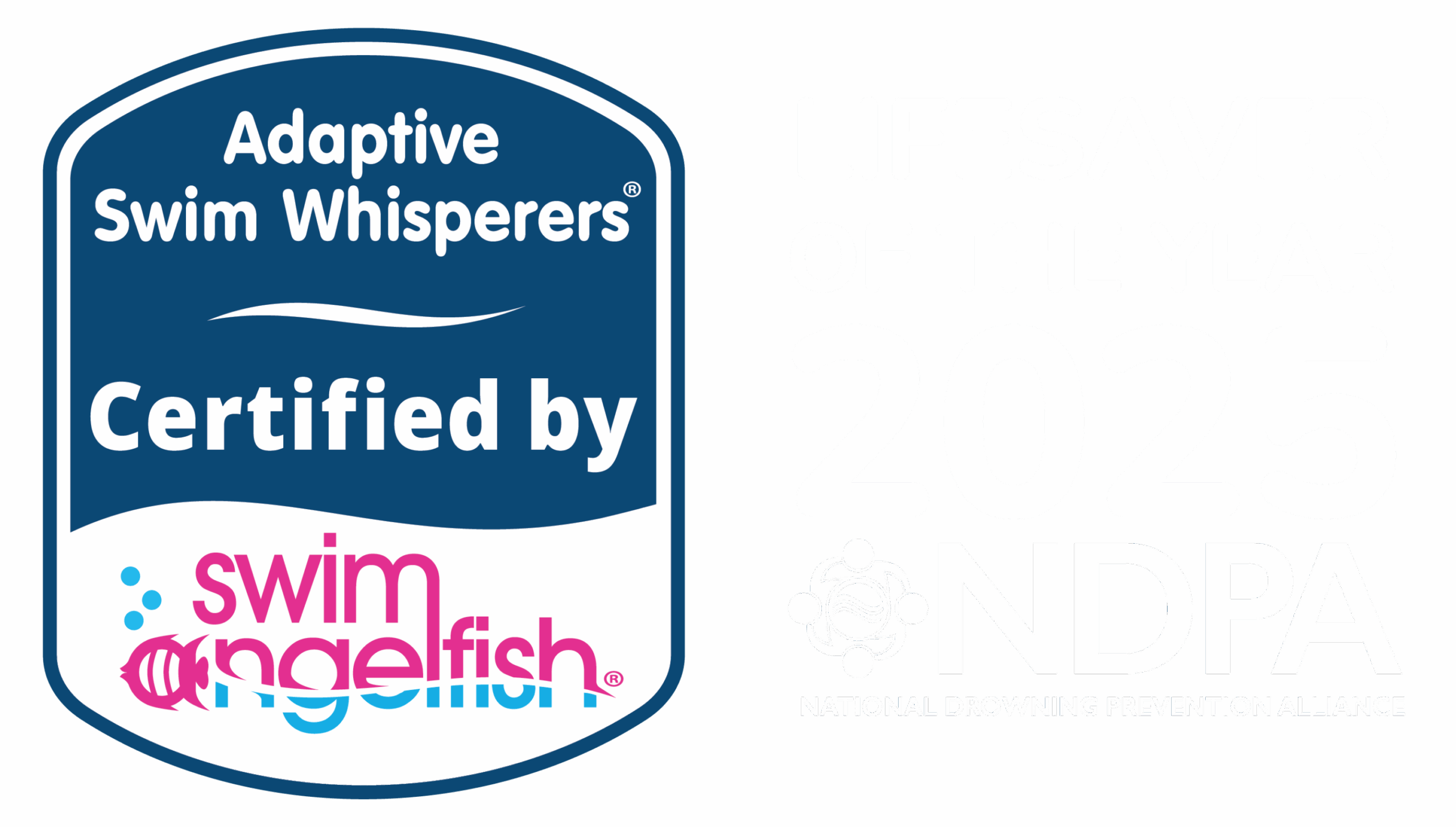Achieve Special Olympics Success with These 6 Coaching Tips
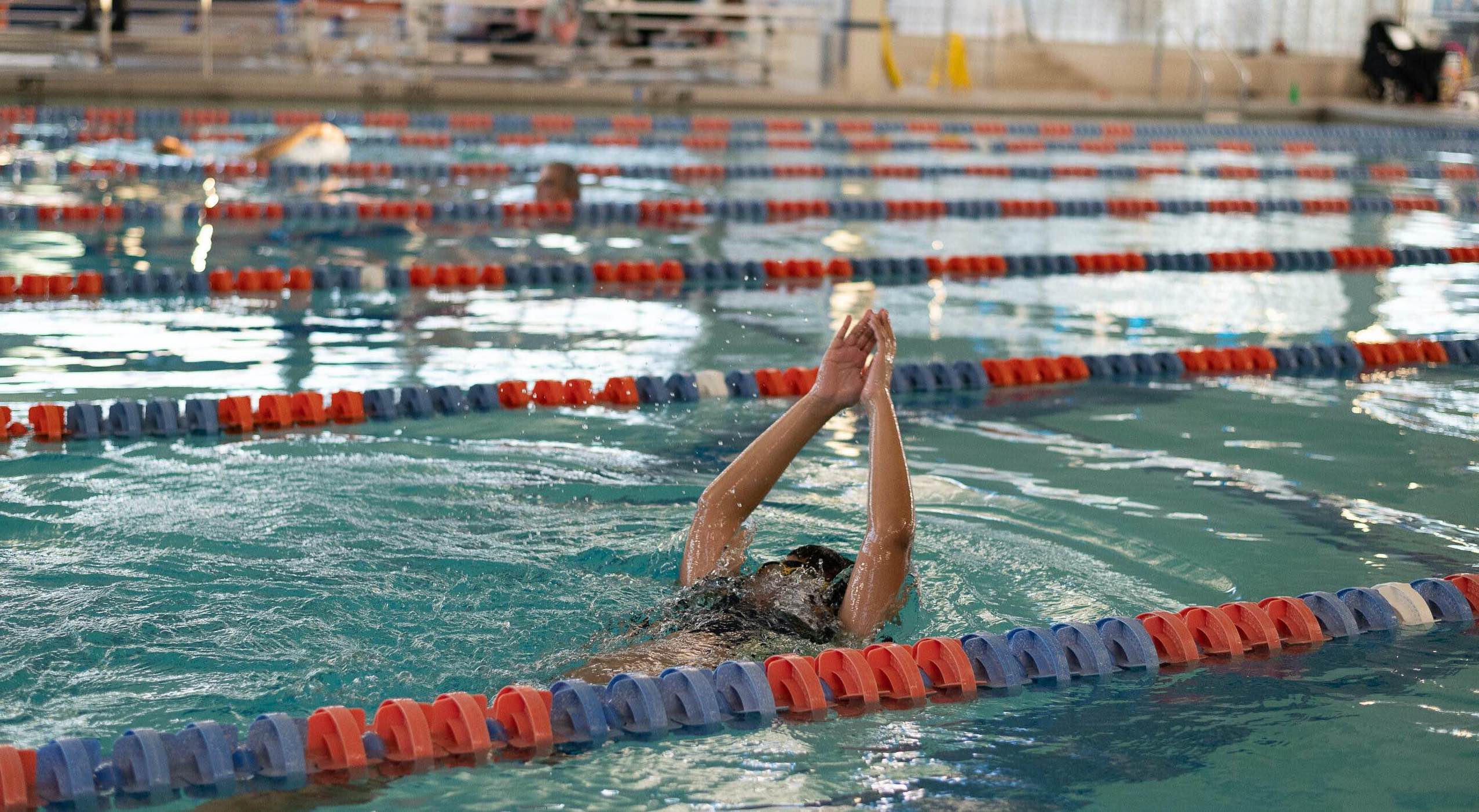
We’re thrilled to have some of our amazing athletes participating in the upcoming Special Olympics! While many of our swimmers are comfortable in a pool environment, competing in a large event like this can bring new challenges. Ailene Tisser, our Physical Therapist and Head Swim Coach, has some fantastic tips to help prepare our athletes for success. These strategies focus on managing sensory input, understanding competition flow, and practicing key race elements – all designed to ensure a positive and empowering experience for our swimmers at the Special Olympics!
Ready, Set, Special Olympics!
To help your athlete get pre-competition ready, we have 6 unbeatable tips that will be a game-changer for swimmers with disabilities. These tips will help if you are coaching Special Olympics swimming or for parents who are preparing their child for the Special Olympics or a swim meet.
Empower your athletes and achieve Special Olympics success with these 6 coaching tips:
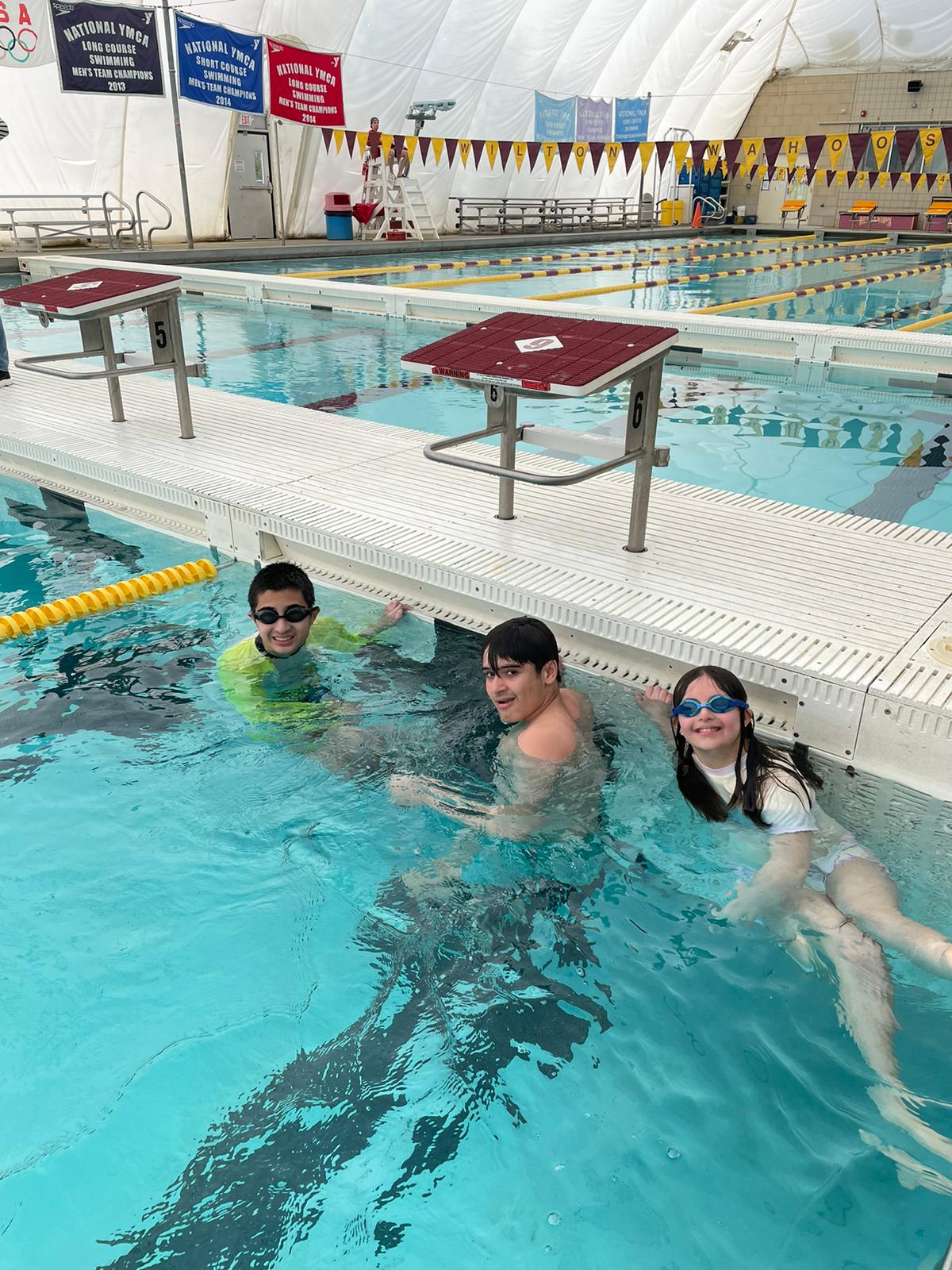
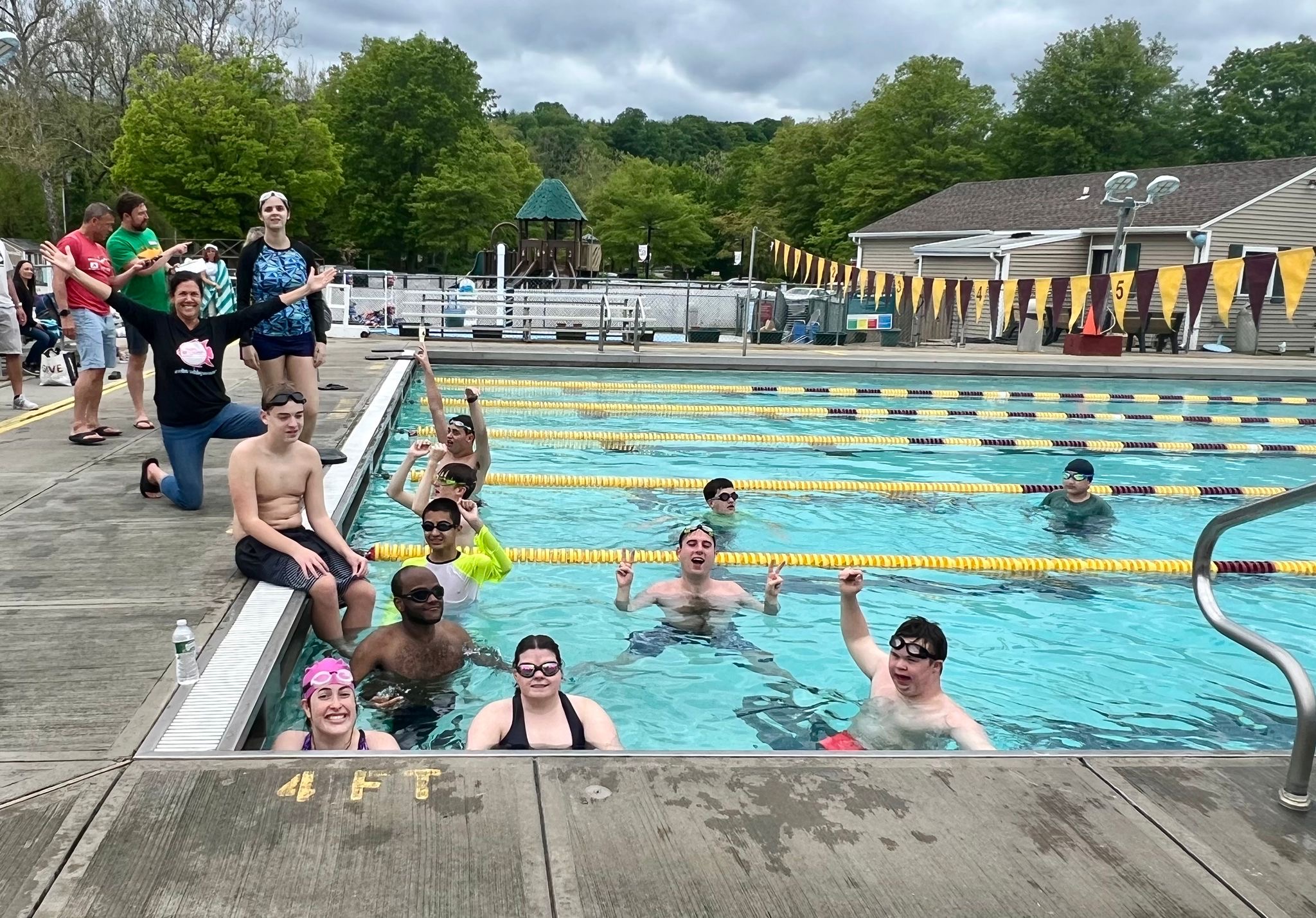
Inclusion in Aquatics
Creating a positive swim practice environment is important to empower swimmers of all abilities. Coaches can develop a comprehensive approach to preparing swimmers with disabilities for swim meets and the Special Olympics by using a range of resources such as the Special Olympics Coaching Guide and the Swim Angelfish Coaching Tips.
The Special Olympics guide is a fantastic resource for understanding competition rules, modifications, and strategies for motivating athletes. Meanwhile, Swim Angelfish’s coaching philosophy emphasizes clear communication techniques that benefit swimmers with ADHD, Anxiety, Down Syndrome and Autism Spectrum Disorder (ASD). These same techniques, like visual aids and consistent routines, can be incredibly helpful for swimmers facing a wider range of challenges.
Modifications for Special Olympics swimming are crucial to ensure a positive and empowering experience for your athlete. Our time-tested Swim Whisperers® methodology provides strategies and techniques to adapt your coaching to each swimmer’s unique needs. Learn how to overcome roadblocks, foster confidence, improve technique, and celebrate personal bests at every level.
By incorporating elements from both guides and the adaptive Swim Whisperers® method, coaches can ensure their practices are truly inclusive, fostering a love of swimming and setting all athletes up for success.
Helping Your Child Manage Emotions at Competitions
Pre-race nerves are a normal part of competition for any swimmer! We know it’s important to help your child manage these emotions. First, acknowledge their feelings and remind them that even the best swimmers experience some anxiety before a race. Practice relaxation techniques like deep breathing or visualization exercises together.
Competition isn’t just about winning – it’s about personal bests and celebrating improvement! After each race, focus on the positive aspects of their performance, regardless of placement. Was their stroke looking smooth? Did they achieve a personal best time? Encourage them to set realistic goals for themselves and celebrate reaching those goals.
For swimmers with special needs or sensory sensitivities, creating a calm and familiar routine can be key. Bring familiar comfort items like a favorite stuffed animal or fidget toy. Allow extra time for bathroom breaks and sensory breaks if needed. Snacks can also be helpful to maintain energy levels during a long competition day.

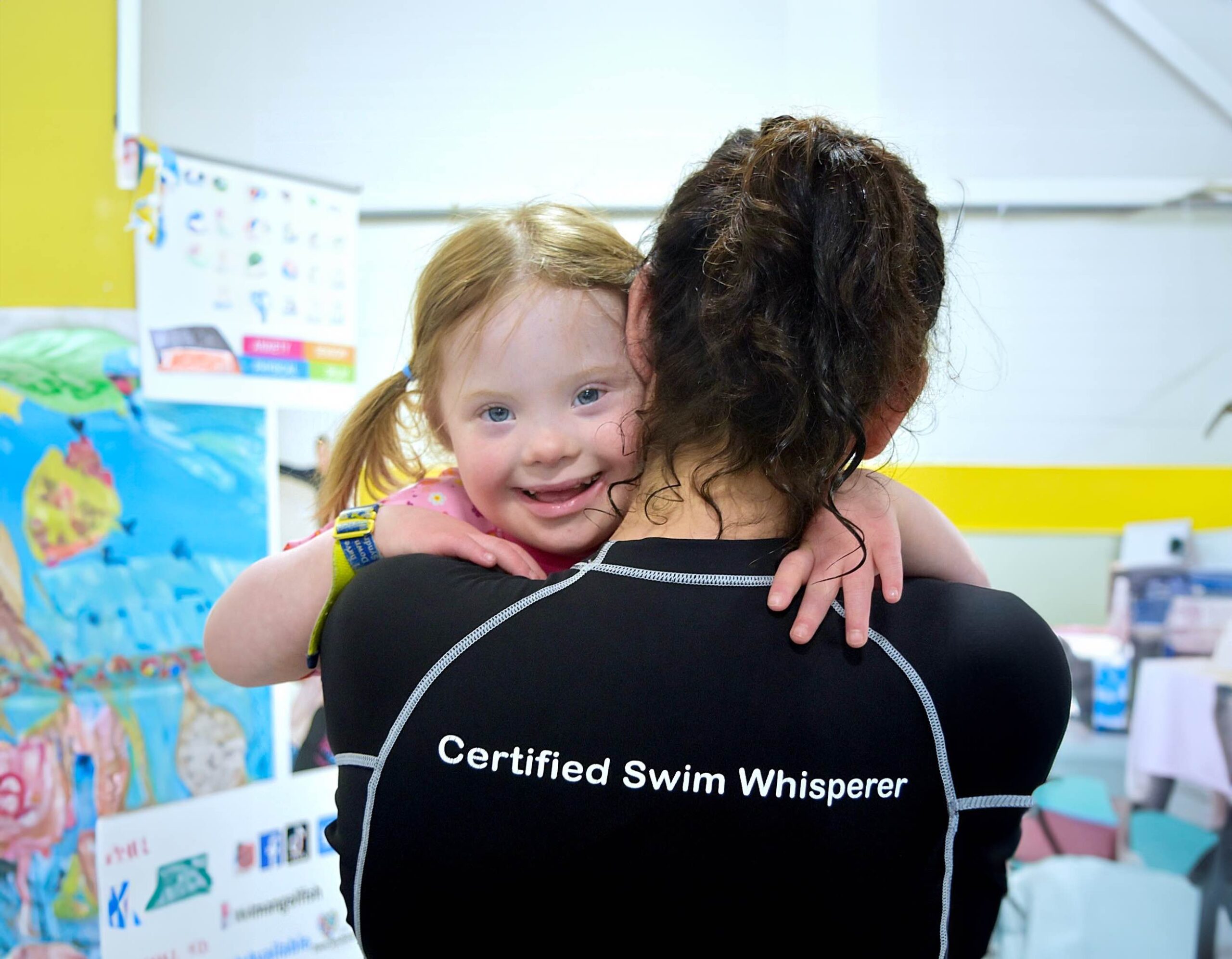
A Smooth In-Water Finish
Preparing your Special Olympics athlete sets them up for a successful and rewarding competition experience. By incorporating these tips and utilizing the suggested resources, you can help your swimmer navigate the emotions of competition, manage sensory challenges, and achieve their personal best.
As each Special Olympics swimmer embarks on their unique journey, let’s dive into this season as a TEAM. Together Everyone Achieves More and we can build a wave of inclusion in aquatics, where every victory, big or small, is celebrated.
